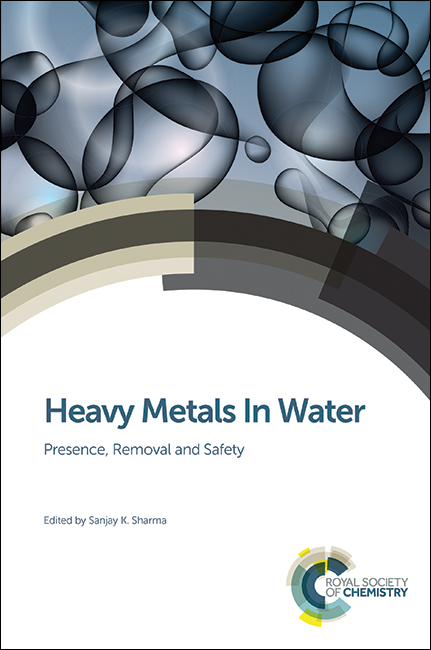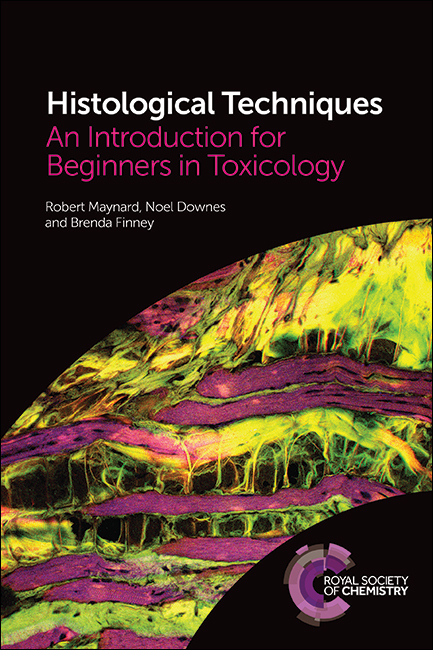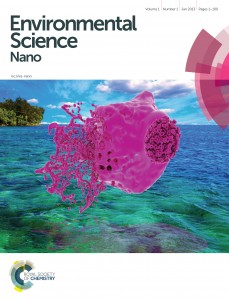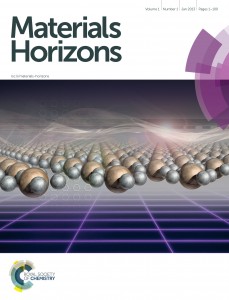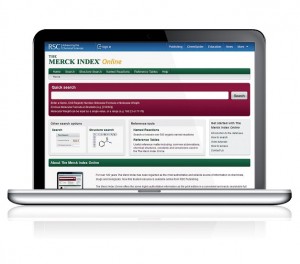We know that journal articles can sometimes seem overly complicated and overwhelming for students who are new to the world of academic publishing.
Our guide to reading journal articles addresses this confusion. With simple explanations of:
• how articles are structured;
• where to find specific information;
• what peer review is; and
• how to critically assess content
…students don’t need to feel daunted any longer.
Read our latest annotated articles for free
We have selected articles that we think will be of particular interest to students and linked them to Chemistry World articles, ChemSpider entries, related journal articles, books and relevant Learn Chemistry resources.
Our most recent annotated articles include:
Detecting Strep throat, which was originally published in Analyst and looks at detecting strep throat bacterium using touch spray mass spectrometry.
A natural herbicide, which was picked from Organic & Biomolecular Chemistry and investigates the development of thaxtomin A.
We need you… to give our annotated article series a new name!
Our free annotated articles need a new name. We’d like your help to choose a new one. So, if you think you know what they should be called, send us your ideas – we want to hear from you!











 Thanks to everyone who visited our booth last week at the Society of Toxicology Meeting in Phoenix – it was great to meet you!
Thanks to everyone who visited our booth last week at the Society of Toxicology Meeting in Phoenix – it was great to meet you! 